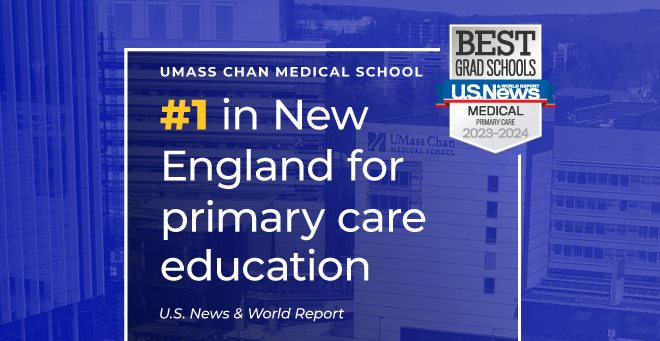
Margaret Parker, MD, MPH, professor of pediatrics, is studying how financial support for low-income mothers of preterm infants may affect parental caregiving in the neonatal intensive care unit, thanks to a pair of awards from the National Institutes of Health and the March of Dimes Foundation.
In 2022, Dr. Parker, academic chief of the Division of Neonatology in the Department of Pediatrics, and Margaret McConnell, PhD, associate professor of global health economics at the Harvard T.H. Chan School of Public Health, were awarded a five-year, $3.5 million grant from the NIH to launch a randomized clinical trial studying the effect of financial support for low-income mothers of preterm infants on parental caregiving in the NICU. Now, the March of Dimes Foundation, which supports research initiatives related to the influence of racism in perinatal care, has awarded $200,000 to support and expand the trial.
The March of Dimes funding will enable investigation of key dimensions of racism in the neonatal intensive care unit setting, including perceptions of discrimination in support of maternal caregiving in the NICU and overall NICU-care quality. Parker and McConnell will examine how financial support influences maternal caregiving behaviors across different racial and ethnic groups.
“The March of Dimes grant gave us extra funds to add measures that will assess mothers’ reports of discrimination and ask mothers to report a bit more about how they perceive quality of care,” Parker said. “It’s one part of an array of things we need to investigate to try to really understand how mothers of color may be impacted in the quality of care we provide.”
The clinical trial will randomize 420 mothers with low income who have preterm infants born at 24 to 33 weeks’ gestation to receive a cash benefit in the form of a prepaid debit card loaded with $160 each week while their infants are hospitalized versus usual care. The cash benefit will be given with a message for mothers to use the funds in any way that they need to overcome challenges to care for their infants in the NICU. Mothers in both groups will have access to a hospital grade breast pump.
“The grant is really trying to offset the financial stressors related to mother-infant separation in the context of a long NICU hospitalization,” Parker said. “This is a critical time. It’s an opportune moment for us to help. We know if mothers can be in the NICU more often and overcome the financial stressors that it takes to be there, including paying for transportation, parking, childcare costs and rent, they will be able to benefit from breastfeeding and skin-to-skin. Those things don’t just help in the short-term NICU period, these health benefits have longer term consequences.”
Parker said the average NICU stay is around four to eight weeks.
Enrollment in the study is expected to start within the next six months at four NICU sites, including three in Massachusetts (UMass Memorial Medical Center, Boston Medical Center and Baystate Medical Center) and a fourth at Grady Memorial Hospital in Atlanta.


